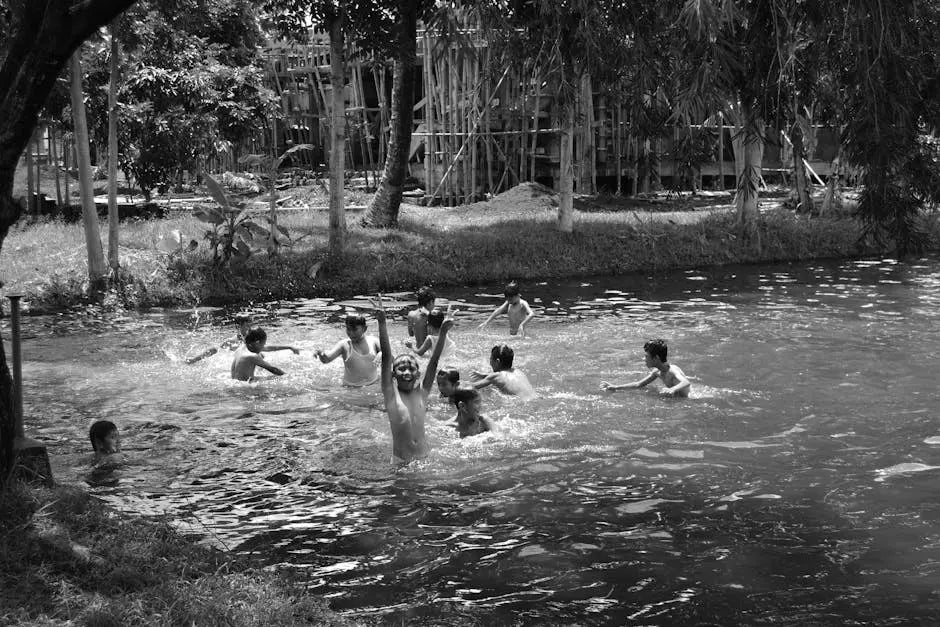How Has Offshore Drilling Affected Oceanic Life?

Over the years, the rise of offshore oil and gas exploration has led to a huge impact on marine life. The effects of offshore drilling are well documented; however, oil companies continue to over-utilize ocean resources without regard to the negative footprints they leave. Below, we have discussed how offshore drilling affects the ocean and the oceanic life that rely on these bodies of water for survival.
Oil Spills Pollute the Ocean
Underwater oil spills are some of the common human caused disasters affecting marine life. In April 2010, the Deepwater Horizon oil spill discharged an estimated 13 million gallons of oil into the Gulf of Mexico. This killed more than 100,000 birds of nearly 100 different species and over 27,000 of the rarest and highly endangered Atlantic ridley sea turtle. Oil spills directly affect ocean life; for example, oiled birds lose their buoyancy and their ability to hunt. These spills also contaminate seafood, such as fish, crab, and shrimp, posing a risk to humans who depend on these animals for food. Besides the oil spills, offshore drilling creates waste products such as cement, chemicals, bilge water, and trash – all of which pollute the ocean.

Sonic Disturbances Endangers Marine Life
Offshore exploration often involves some seismic blasts that have been shown to decrease the number of zooplankton, which are a critical part of the ocean’s ecosystem. In a recent study, found that the number of plankton dropped by over 60 percent within an hour of seismic blasts. Loud noises from seismic air guns disrupt marine life, such as whales that use sound to communicate and hunt for food. These blasts can also throw off the receptors, which animals use to navigate. This disorients them, hence reducing their chances of survival.
While these sonic disturbances are devastating, recent offshore drilling legislation will put more marine life in danger. An executive order signed by the Trump administration seeks to expand offshore gas and oil drilling – and by extrapolation, this will have a tremendous impact on marine life.

Declining Water Quality Affects Ocean Life
As human activities around the coastal shores continue to peak, more unsafe environmental practices expose the waters to toxic substances. This affects the quality of water and the existence of sea plants and animals – which depend on the ocean for food and shelter.
The damage to the ecosystem begins with plastics and trash left behind by offshore drilling ships. The effects escalate once these harmful substances reach the seafloor killing coral reefs, a vital part of the ocean ecosystem. Once the quality of seawater has been affected, many efforts must be put in place to curb the harmful effects it has on marine life and humans encountering the waters. Coastal beaches must be closed, and fishing must stop to avoid food contaminants. All these are met with economic losses.
Conclusion
The impact of offshore drilling goes beyond just the environmental aspect. Several nations across the world rely on seafood from oceans where offshore drilling has left devastating effects. A perfect example is the 2010 incident in the Gulf of Mexico, where several months later, various fish were found to have painful sores and lesions across their bodies. Researchers also noted how in some cases animals did experience physical mutations due to the amount of pollution.
Don't forget to follow @Tutublueca on Social Media








Leave a comment